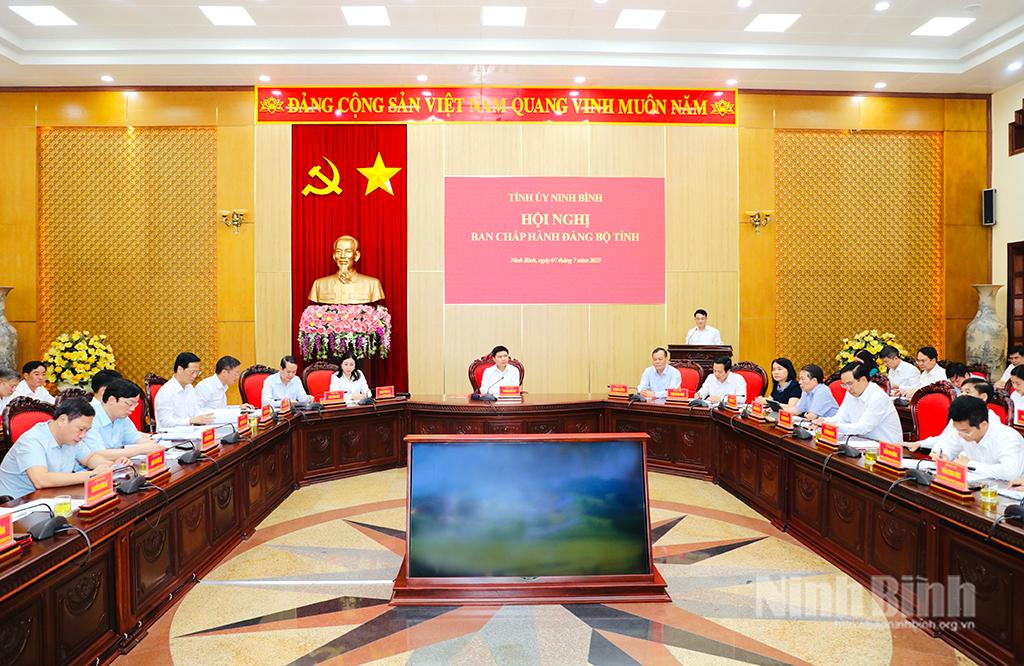New-style rural area building programme in Ninh Binh achieves success

Ninh Binh had a low starting point when it began rural development efforts under the national programme in 2010. Many of its communes had met five criteria required, but some satisfied only one or two criteria needed. Local infrastructure remained in dilapidated condition.
To date, 91 communes, two districts and one city have achieved all the 19 criteria required, according to the local steering committee for the programme.
People in these communes have access to electricity and hundreds of schools, communal clinics, markets, water supply facilities and cultural centres have also been upgraded or built. Building new-style rural areas has become a widespread emulation movement attracting many investment resources. About 33.46 trillion VND has been mobilised for the work in the province so far, in which 30 percent come from local people's contribution. Many house owners have voluntarily given their land for the expansion of inter-village road.
Over the last 10 years, local annual per capita income has reached 17.9 million VND. By the end of 2018, local annual per capita income hit 37 million VND.
The province has taken measures suitable with local conditions to carry out the national target programme, winning the support of local people. It has been assessed as one of the leading localities in Vietnam in building new-style countryside.
Its biggest success is maximising resources for infrastructure development to serve people's daily and production activities, thus meeting socio-economic development demand.
To successfully implement the national program, in the coming time, the province will pay heed to accelerating the compeletion of some criteria in a bid to have more 10 communes, one district recognised as new rural area by 2020; implementing the Government's One Commune-One Product programme since 2018to develop strong agricultural and non-agricultural products and services; combining the new-style rural area building programme with the political tasks of each locality and related sectors, and branches
Meanwhile,itneeds to strictly implement documents issued by the Party Central Committee and the provincial administration on issuing policies to develop a new rural development program in the new context and for the period after 2020.
At the same time, the province should increase the effectiveness of state management work in public investment, readjustment of rural areas' planning, especially developingproduction associatedwith agricultural restructuring; providing job training for local people.
Translated by Nguyen Thuy


